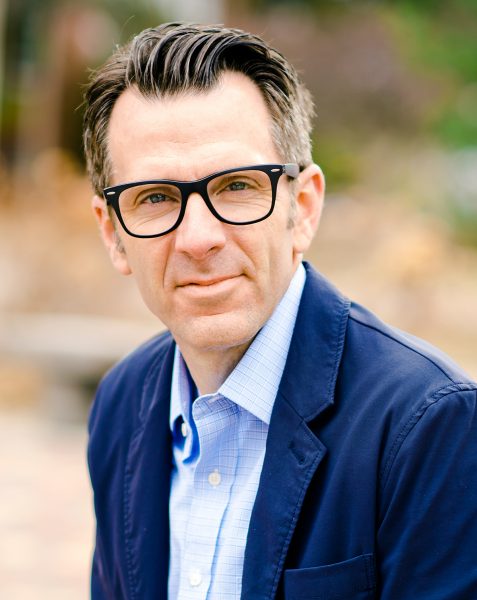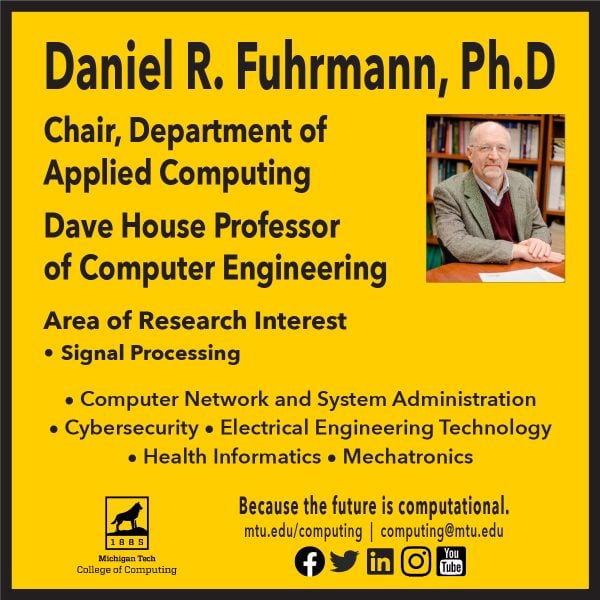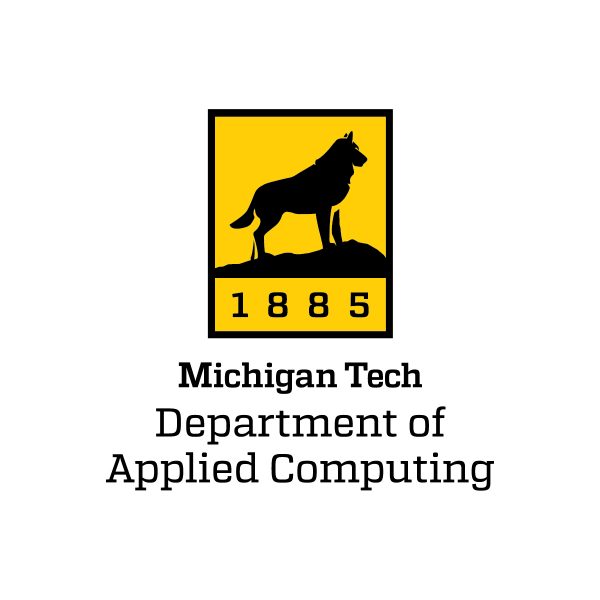by Michigan Tech IT
On Friday, August 13, 2021, at the conclusion of Summer Track B, Michigan Tech IT will be reverting remote access computer labs to in-person only labs in preparation for face-to-face instruction this fall.
If you have any questions, IT can help. Contact Michigan Tech IT at it-help@mtu.edu, call 906-487-1111, visit mtu.edu/it.
The College of Computing is pleased to welcome new Department of Computer Science faculty members Dr. Dukka KC and Dr. Xinyu Lei.

College of Computing Dean Dennis Livesay will resume in-person open drop-in office hours every Friday from 2:00 to 3:00 p.m., beginning Friday, August 24, 2021, through the spring 2022 semester, while classes are in session.
All faculty, staff, and students who wish to chat with Dr. Livesay are invited to “drop in.” Appointments are not needed.
Dean Livesay’s office is in Rekhi Hall, Room 223. Email the dean at dlivesay@mtu.edu.

Dr. Daniel R. Fuhrmann, Dave House Professor of Computer Engineering, has been appointed chair of the Department of Applied Computing, effective immediately. Dr. Fuhrmann has been interim chair of the department since its founding in 2020. Prior to joining the College of Computing, he was chair of the Department of Electrical and Computer Engineering (ECE) from 2008 to 2019.
“I couldn’t be more excited,” said Dr. Dennis Livesay, the Dave House Dean of Computing. “Dan was instrumental in the creation of the College, and I know that his leadership will help the department achieve its promise. Computing is transforming every discipline and it’s hard to imagine any unit on campus reflecting that more than the Department of Applied Computing.”
The Department of Applied Computing offers undergraduate Bachelor of Science programs in Computer Network and System Administration (CNSA) and Electrical Engineering Technology (EET). On the graduate side, the department also offers a M.S. in Health Informatics.
The department also collaborates on three convergence programs. In cooperation with the Department of Computer Science it offers the B.S. in Cybersecurity, which began enrolling students in Fall 2019. In cooperation with the Department of Manufacturing and Mechanical Engineering Technology (MMET), in the College of Engineering, the department offers both a M.S. and B.S. in Mechatronics, which began enrolling students in Fall 2019 and 2020, respectively.
In addition to teaching AC program courses, faculty in the department pursue research in a variety of computing areas, including cybersecurity, mechatronics, health informatics, and machine learning. Growing the department’s industrial and applied research portfolio will be a major emphasis for Dr. Fuhrmann.
“I’m excited about doing what I can to help build this new department at Michigan Tech,” says Fuhrmann. “There are a lot of synergies that may not be immediately apparent within traditional academic structures, but they reflect what is happening in industry today.”
For example, computer networks and cybersecurity are playing an increasingly important role in industrial control and automation, and robotics and the Internet of Things is highly relevant for the evolving field of health informatics, Fuhrmann explains.
“Machine learning is also having an impact across all areas in the department,” Fuhrmann adds. “We will be focusing on helping both our students and our industry partners navigate this convergence of physical and cyber technologies.”

The Department of Applied Computing brings together those faculty and programs in the College of Computing with a common interest in applied aspects of computing.
The Michigan Translational Research and Commercialization (MTRAC) Advanced Computing Technologies Innovation Hub, hosted at Wayne State University, has opened a Request for Proposal period lasting until Aug. 31.
Commercialization-focused MTRAC grants provide funding to address the “valley of death” and guidance from an experienced oversight committee comprised of venture capitalists, seasoned entrepreneurs and industry experts. Eligible technologies include cognitive technologies, immersive technologies, cybersecurity, internet of things, industry x.o, blockchain and next-generation computing.
If you have questions about specific project eligibility or the proposal process, please reach out to Nate Yenor at nryenor@mtu.edu.
For additional information about the program, please visit Wayne State’s MTRAC Advanced Computing Technologies web page.